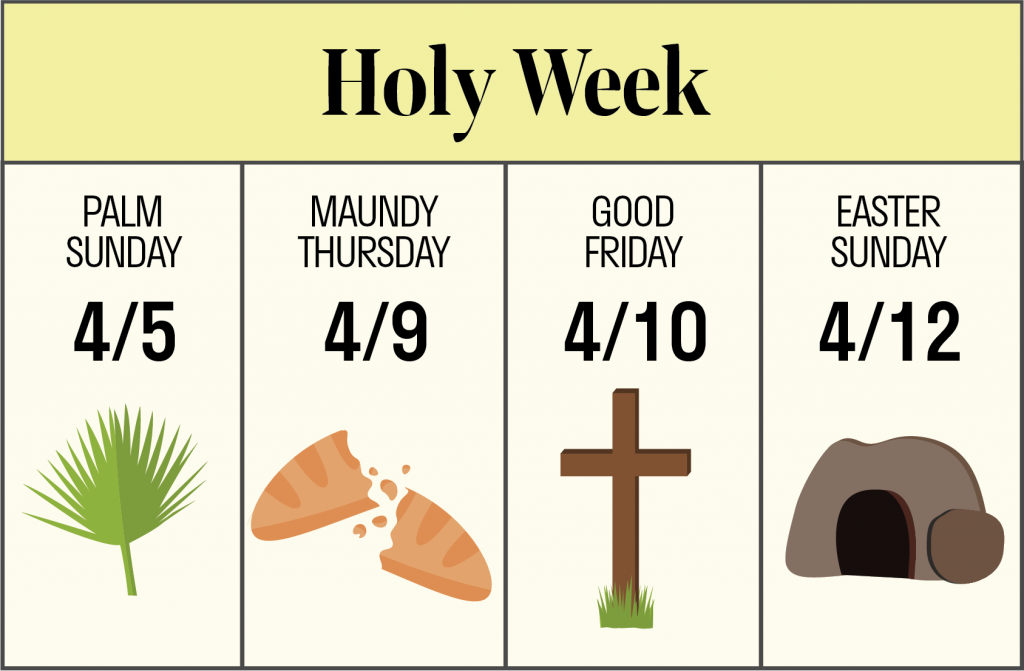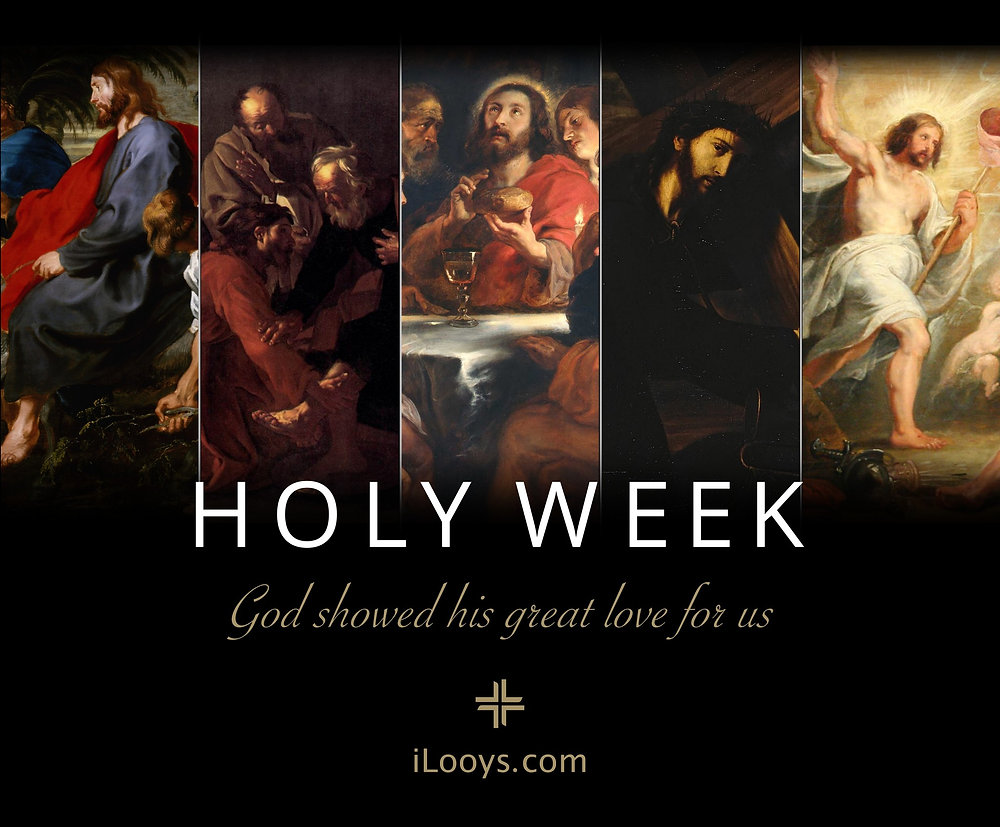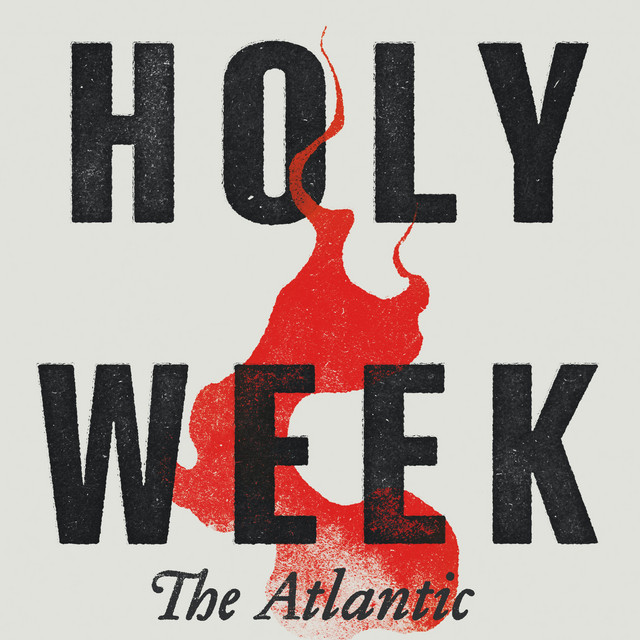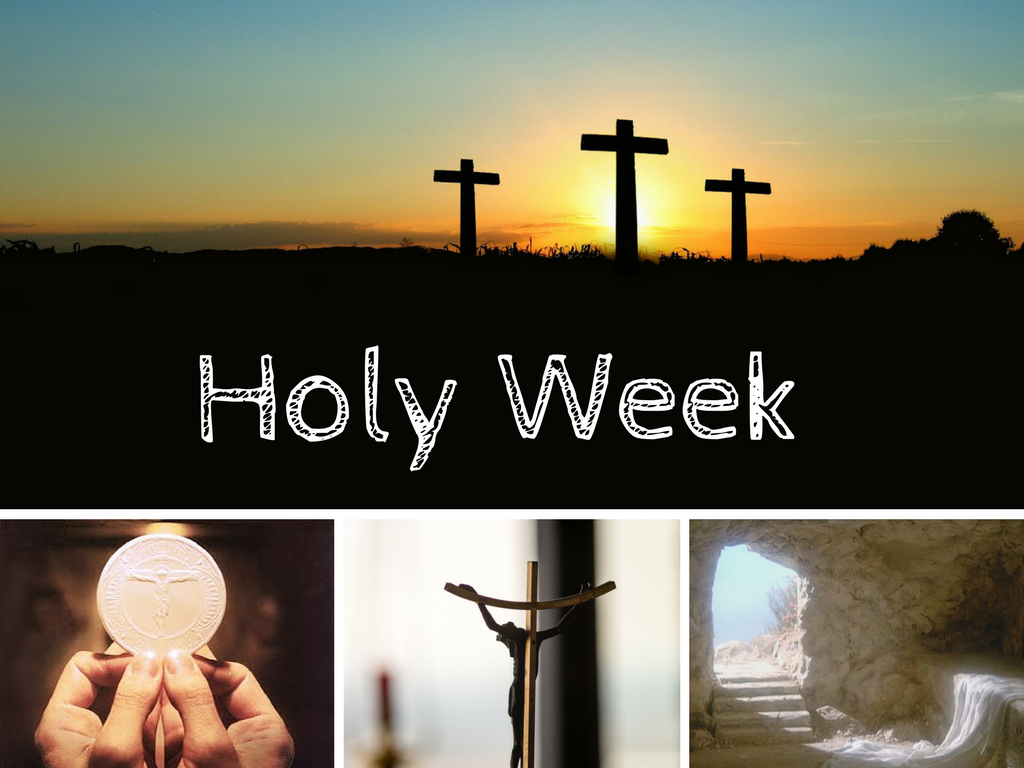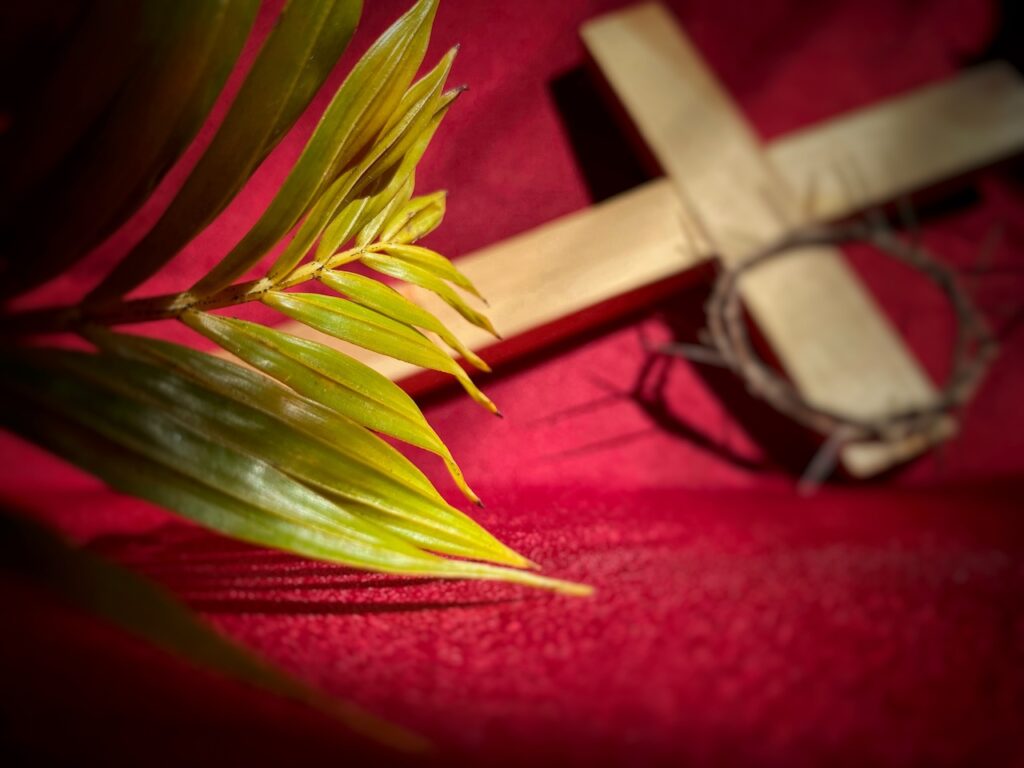Holy Week, a pivotal period in the Christian calendar, is a time of great spiritual reflection and celebration. It commemorates the last days of Jesus Christ's life on earth, culminating in his crucifixion and resurrection. This sacred week is observed by Christians worldwide, with each day holding profound significance and meaning. In this article, we will delve into the history and importance of Holy Week, exploring each day's events and traditions.
Introduction to Holy Week
Holy Week begins on Palm Sunday and concludes on Easter Sunday, spanning a period of seven days. It is a time of intense spiritual preparation, as Christians seek to reenact the journey of Jesus Christ during his final days on earth. The week is marked by a series of significant events, each one building upon the last, to create a powerful narrative of sacrifice, love, and redemption.
Palm Sunday: The Triumphal Entry
Palm Sunday marks the beginning of Holy Week, commemorating Jesus' triumphant entry into Jerusalem. According to the Bible, Jesus rode into the city on a donkey, surrounded by cheering crowds who waved palm branches and hailed him as the Messiah. This day is often celebrated with processions and the distribution of palm branches, symbolizing Jesus' humble yet powerful arrival.
Monday, Tuesday, and Wednesday: The Prelude to Passion
The days leading up to Jesus' crucifixion are filled with significant events. On Monday, Jesus cleansed the temple, driving out the money changers and merchants who had desecrated the sacred space. Tuesday is marked by Jesus' teachings and debates with the Pharisees, while Wednesday is often referred to as "Spy Wednesday," as it is believed that Judas Iscariot betrayed Jesus on this day.
Maundy Thursday: The Last Supper
Maundy Thursday, also known as Holy Thursday, commemorates the Last Supper, where Jesus shared a meal with his disciples and instituted the sacrament of communion. This day is often observed with special church services and the washing of feet, symbolizing Jesus' act of humility and service.
Good Friday: The Crucifixion
Good Friday is a somber day, marking the crucifixion and death of Jesus Christ. It is a time of mourning and reflection, as Christians remember the sacrifice Jesus made for humanity. Many churches hold special services, often featuring the reading of the Passion narrative and the veneration of the cross.
Holy Saturday: The Vigil
Holy Saturday, also known as the Easter Vigil, is a time of waiting and anticipation. It is a day of quiet reflection, as Christians prepare for the resurrection of Jesus. Many churches hold special vigil services, featuring the lighting of candles and the reading of scripture.
Easter Sunday: The Resurrection
Easter Sunday, the final day of Holy Week, is a day of great celebration and joy. It commemorates the resurrection of Jesus Christ, marking the triumph of life over death and sin. Churches are filled with music, flowers, and feasting, as Christians rejoice in the knowledge of their salvation.
In conclusion, Holy Week is a profound and meaningful period in the Christian calendar, offering a unique opportunity for spiritual reflection and growth. By understanding the significance of each day, Christians can deepen their faith and connection with God, ultimately preparing themselves for the joy and celebration of Easter Sunday. Whether you are a devout Christian or simply seeking to learn more about this sacred week, we invite you to join us on this journey, exploring the rich history and traditions of Holy Week.
